An Ode to Maid Marian
Alex Mees traces his first feminist experiences to an 80s kids’ TV classic
Recently, I was pondering what my first meaningful encounter with feminism was - my first step, if you will, on the path labelled ‘This Way, Boys, If You Want To Learn The Secrets Of Not Being An Arsehole’. Of course, one’s first encounter with feminism is likely to be through popular culture. No child, on finishing the Famous Five series, thinks, “Well, now that’s done, I guess it’s about time I found out what the fuss over Simone de Beauvoir is all about”. More’s the pity.
Jagged Little Pill, 90s album rumoured to be making a Broadway show this year…
Hitherto, I’d been inclined to think my first brush with feminism was Buffy the Vampire Slayer, which I watched religiously from the age of 16. There’s no doubting Buffy’s feminist credentials: teenage girl is bestowed with a duty she really doesn’t want but can’t escape, and so has to save the world while managing all of the other crap that comes with being a teenager - including her boyfriend turning into a soulless monster the moment she sleeps with him.
Then it occurred to me that it was probably earlier than that, when I was 14 and obsessed with Alanis Morissette’s Jagged Little Pill. With this brilliantly bolshie album, Morissette taught me that women were allowed to be angry (although of course she really confused me about the precise meaning of irony).
But then I realised it was much, much earlier than that. I didn’t notice it at the time, of course, for I was just 8, but my first meaningful encounter with feminism was Maid Marian and Her Merry Men.
Now, I don’t know if Tony Robinson intended to create a feminist opus for primary schoolchildren or if he was just dicking about with a famous story, but Maid Marian and Her Merry Men helped make me the (not so much merry; more righteously angry) man I am today.
Kate Lonergan and Tony Robinson in Maid Marian and her Merry Men. BBC
For the unversed, Maid Marian and Her Merry Men takes the story of Robin Hood and turns it on its head. In it, as the title suggests, Marian is the hero of the tale. She is the leader of the outlaws and the brains behind the operation. But in a clever twist in the opening episode, it is Robin Hood who is assumed to be the leader, thus explaining the legend we all know.
Now, I love a bit of subversion, and this was subversion at its hilarious best. I’ve rewatched a few episodes in preparation for writing this, and I’m delighted to report that it’s still excellent 30 years later. (Although the rasta-cum-rapper character of Barrington has not aged well.)
From the opening episode, Marian (played by Kate Lonergan) is fearless. She doesn’t think twice about standing up to the Sheriff of Nottingham, while everyone else is terrified of him, and quickly assembles her band of Merry Men “to fight injustice and do a good deed every day”. She then trains them up and devises all the plans for seizing and redistributing King John’s wealth. [As a side note, one of the characters in the second series is called The Beast of Bolsover - a lovely nod in this story of forest-dwelling socialists to veteran Labour MP Dennis Skinner.]
One of my favourite moments comes when Marian, wanting to enter an archery competition, is told by King John to “Go back to your kitchen”. She then – while snarling, “I hate blokes like that” – fires the arrows that win the competition by a country mile, thus saving Robin’s life. “That makes me the winner,” she announces smugly, before adding with understandable relish, “I’ll go back to my kitchen now, shall I?” And then, just to complete the scene, King John, astounded by her archery skills, assumes her to be Robin Hood in disguise. In little over a minute, we’ve got a woman being horribly patronised but then proving herself to be more than capable, only for the credit for her achievements to be given to a man. It’s perfect.
Cheetara. Nothing more to say on this one.
At a time when female characters in kids’ shows were either peripheral (April O’Neil in Teenage Mutant Hero Turtles) or geeky (Velma in Scooby Doo) or weirdly sexy (Cheetara in Thundercats), Marian was a gamechanger. Where the Merry Men were dim, she was clever; where Robin was vain, she was more than happy to rough it in the woods; where the Sheriff of Nottingham took pleasure from making people suffer, she fought valiantly for what she knew was right. Marian was, in short, everything a young girl - or indeed, boy - could want to be.
Alex Mees is a teacher and father of two (one with XX chromosomes; one with XY), living in south east London.


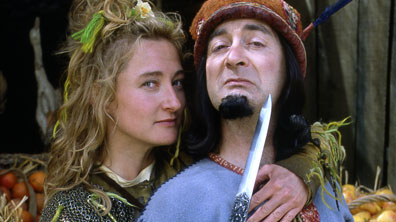


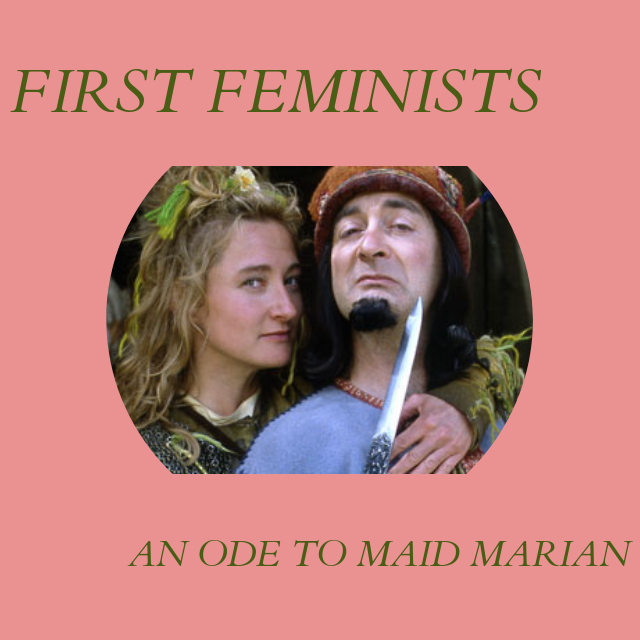

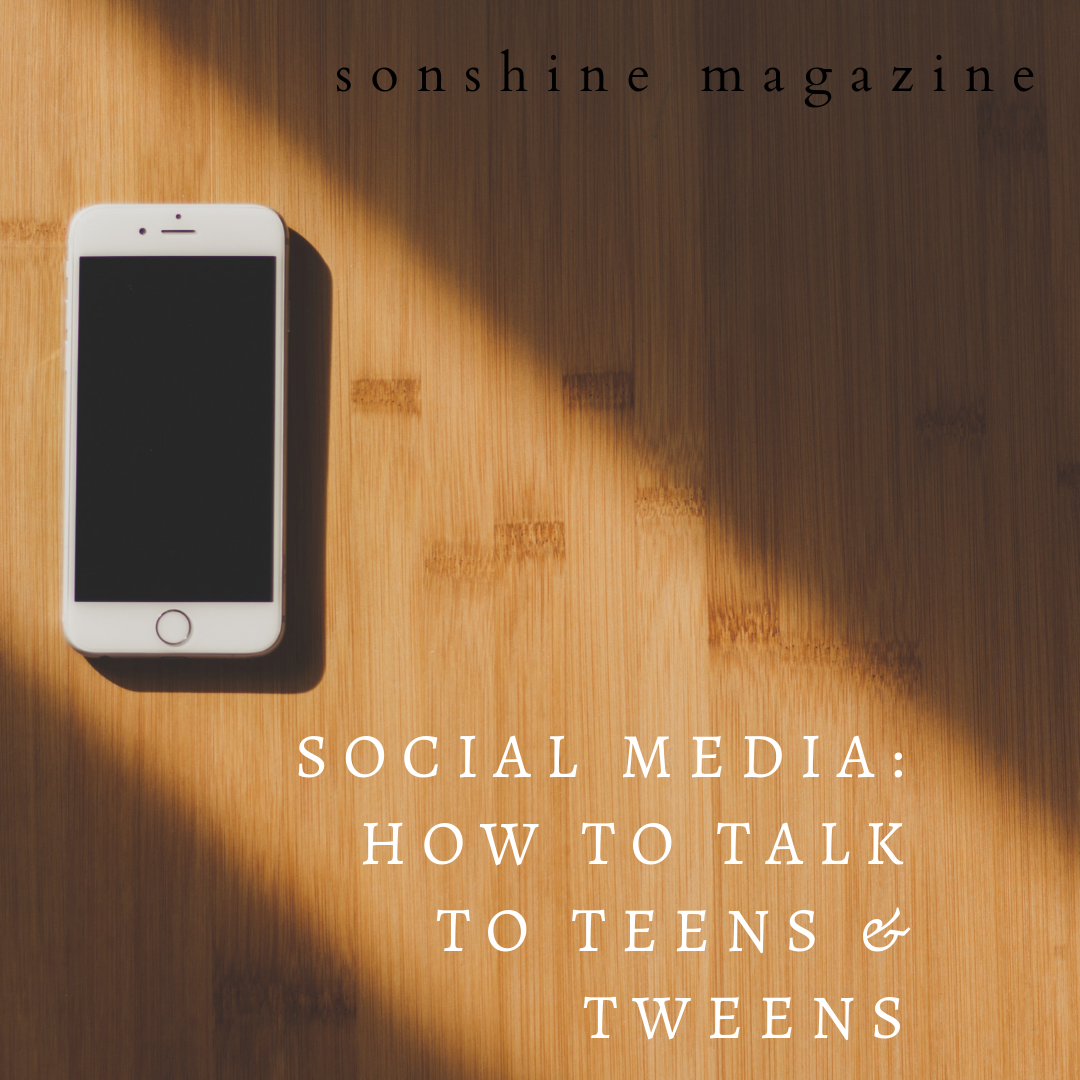



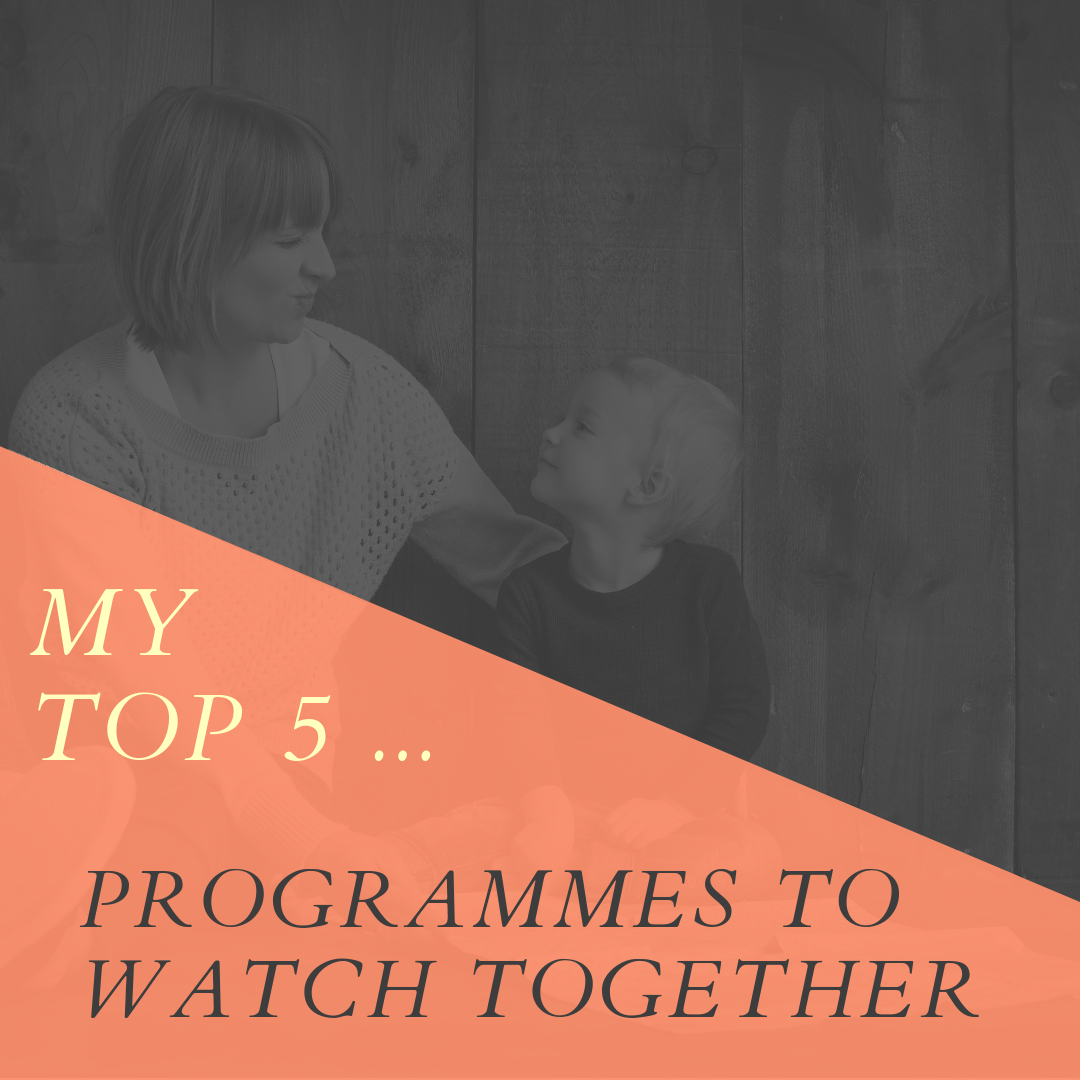
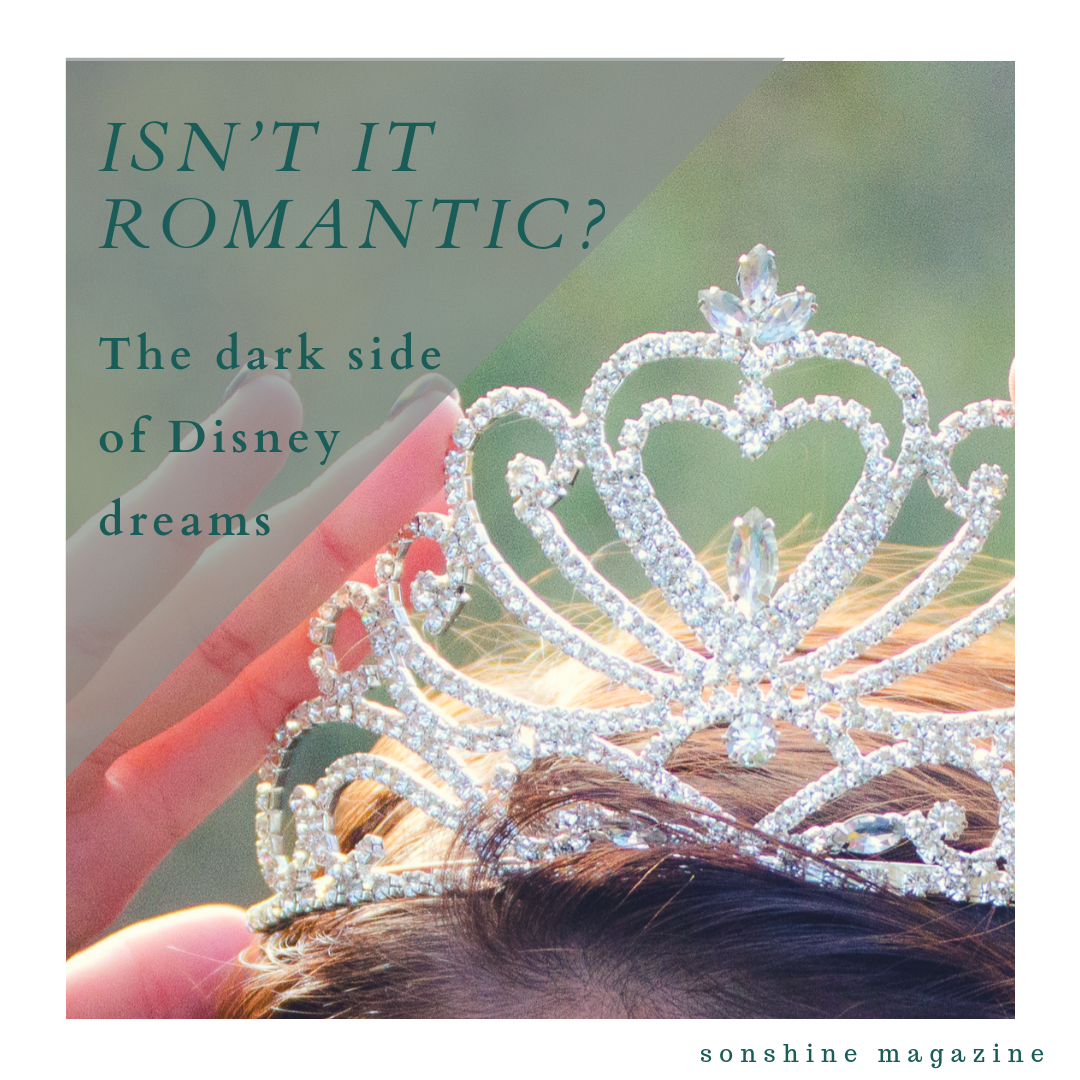
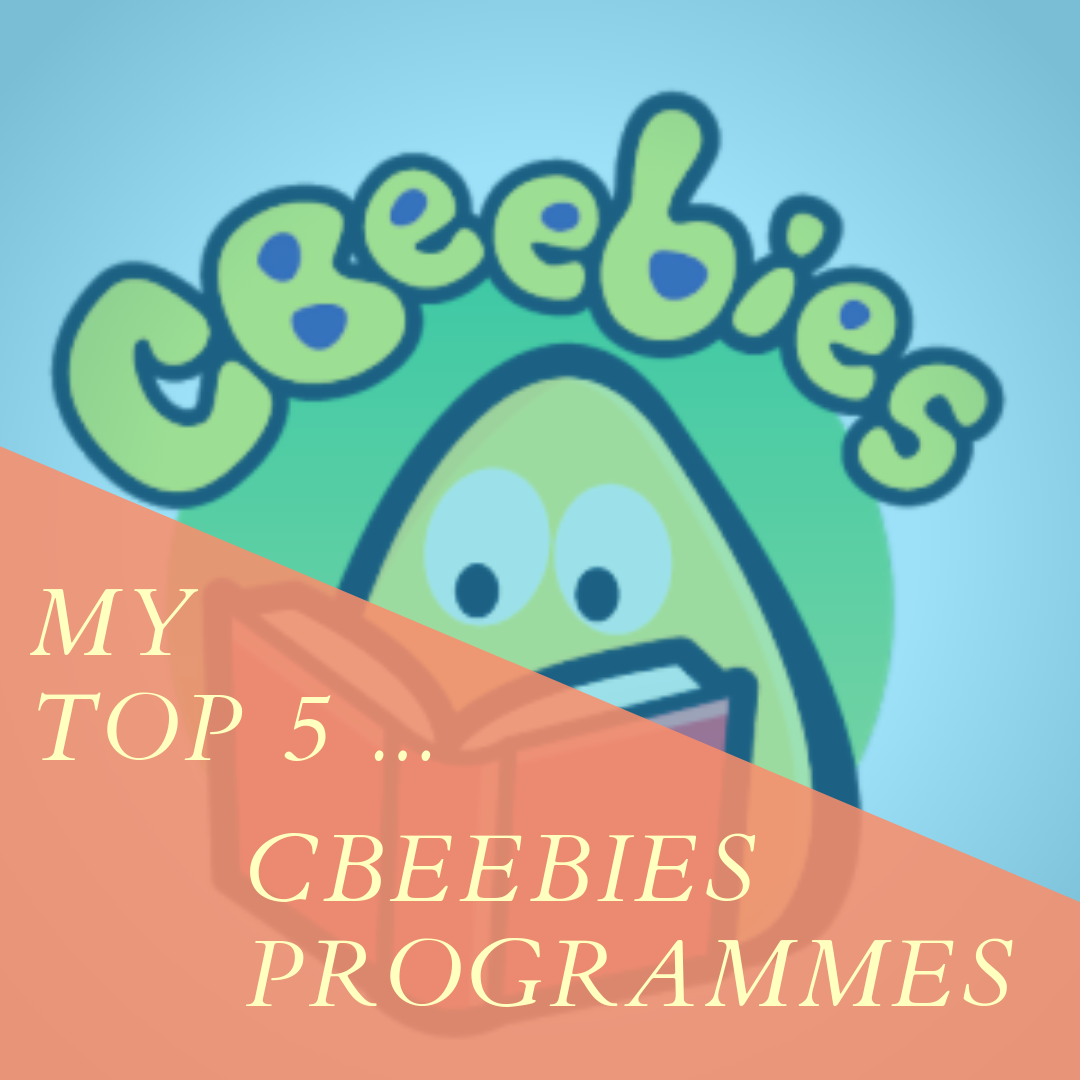


Kirstie introduces this issue of Sonshine – all about Screen time… From Disney dreams to Maid Marian, Social media tips to gaming for inclusion, we’ve got it all.